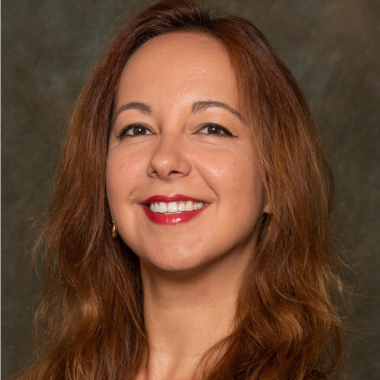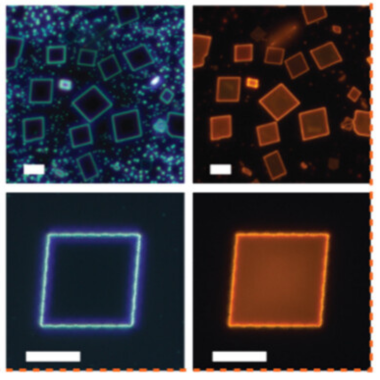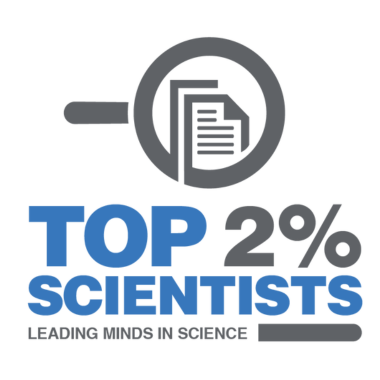MSU chemistry alums receive prestigious American Chemical Society honors
Three distinguished alumni from the Michigan State University’s Department of Chemistry in the College of Natural Science were recently honored by the American Chemical Society (ACS).

Jared Piper (B.S., chemistry, ’97) and Carl Iverson (Ph.D., chemistry, ’99) were celebrated for their achievements as two of the ACS’ 2022 “Heroes of Chemistry,” which is the highest honor for industrial chemists and highlights scientists that have significantly benefited humankind. Philipp Roosen (M.S., chemistry, ’11) received the ACS Award for Team Innovation, which recognizes teams with innovative ideas that have become a commercialized product.
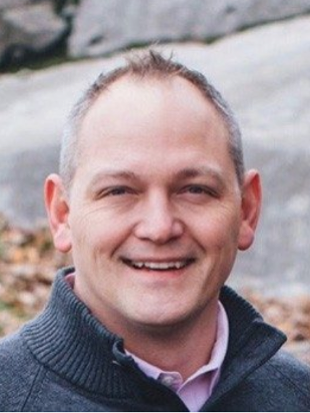
“To have three MSU chemistry grads receive national recognition for such impactful work is magnificent and for the three to have earned MSU B.S., M.S., and Ph.D. degrees respectively is especially cool. Obviously, I’m proud that as an undergraduate Jared was a member of my lab,” said Robert Maleczka,
professor of chemistry, on the success of his former student. “Phil and Carl being recognized is also a point of pride for MSU, as it shows that the training and mentorship provided can lead to our graduate students becoming key players in collaborative teams that achieve great things.”
Piper did undergraduate research at MSU in the labs of Professor Rob Maleczka. After MSU, he went on to earn a Ph.D. in chemistry from Wayne State University, Mich., and is currently the director of process chemistry at Pfizer. Piper was named a “Hero of Chemistry” for his role in the development of Paxlovid, the first oral antiviral pill for COVID-19. He led the team of chemists who scaled up the production of Paxlovid from milligrams of metric tons in 18 months. Thanks to this unprecedented drug development timeline, Paxlovid is now approved or authorized for conditional or emergency use in more than 70 countries, and more than 34.5 million treatment courses of Paxlovid have been shipped to date.
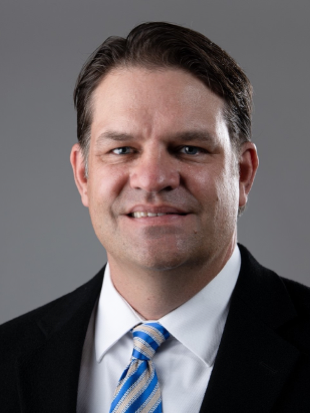
Iverson is currently a team leader for isotope production at Los Alamos National Laboratory. For his Ph.D., Iverson studied late transition-metal boryl chemistry with Professor Mitch Smith. From 2013-2017, Iverson was a research scientist at Dow and was part of the team that developed Elite and Innate – linear, low-density polyethylene resins developed to meet the requirements of a wide range of applications for lighter, flexible packaging. Because of Elite and Innate resins’ thinness, they significantly reduce carbon dioxide emissions from transportation. The resins are replacing less recyclable materials in consumer end products. For these environmental benefits, Iverson and his Dow colleagues were named 2022 ACS “Heroes of Chemistry.”
Philipp Roosen is currently a principal scientist at Pfizer. As an MSU graduate student, Roosen studied with Professor Mitch Smith, where he developed new approaches for ortho-directed iridium catalyzed C-H borylations. After graduating from MSU, he received his Ph.D. in chemistry from the University of California, Irvine. At Pfizer, Roosen was part of the team that developed the Pfizer-BioNTech COVID-19 vaccine. For their efforts, especially the accelerated development of two novel lipids that serve as functional vaccine excipients, Roosen and colleagues received the 2023 ACS National Award for Team Innovation.
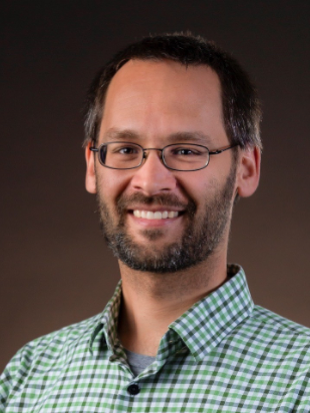
Chemistry Chairperson Professor Tim Warren is thrilled that the world’s largest scientific organization recognizes the positive impact that MSU alumni have on our society. He enthusiastically remarked, “Spartan chemists are a force for good in so many ways. We are extraordinarily proud of these three MSU alumni recognized by the American Chemical Society for their contributions towards solutions for the COVID-19 pandemic and our planet’s environment.”

